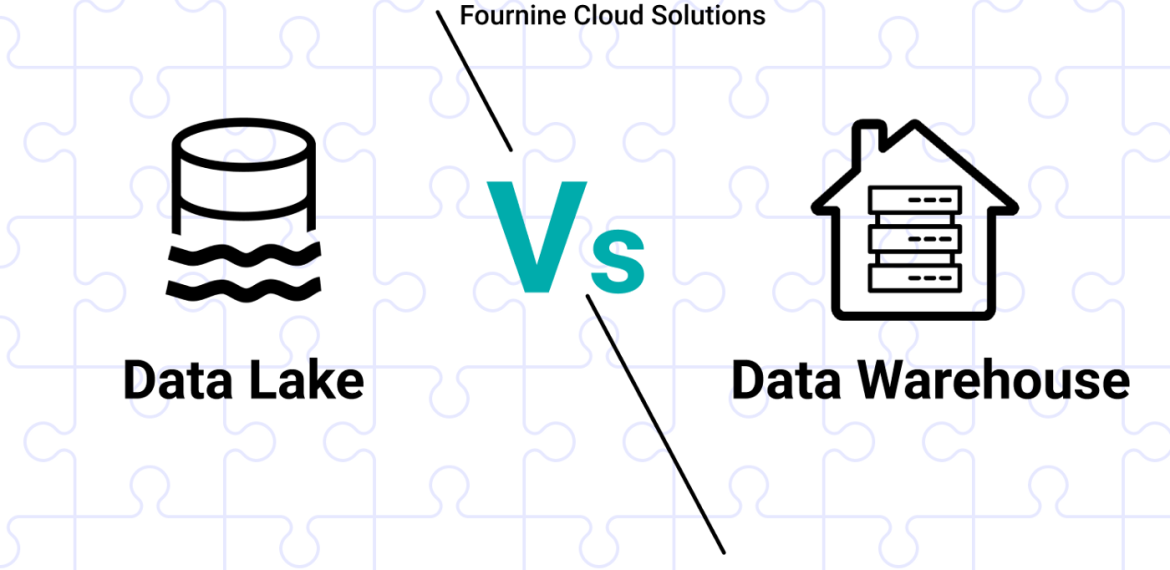
Data Lake Vs Data Warehouse: Which one is best?
Data Lake Vs Data Warehouse: Which one is best?
Data lake is a place where you can store all your data, structured and unstructured. It is usually a single store of data including raw copies of system data, sensor data, social data etc…
A data lake can contain structured data(rows and columns), semi-structured data(XML, CSV, Logs), Unstructured data(PDF’s, E-mails) and binary data
Now you might think, what is the difference between data lake and data warehouse?
These two types of data storage are often confused, but are much more different from they are alike. In fact, the only real similarity between them is their high-level purpose of storing data. Both of these have their own use cases and benefits.
The difference is important because they serve different purposes. A Data lake works for one company and a data warehouse can work for another.
Key Differences:
- Data Structure: Raw Vs Processed
Raw data is data that has not yet been processed for a purpose. Perhaps the greatest difference between data lakes and data warehouses is the varying structure of raw vs. processed data. Data lakes primarily store raw, unprocessed data, while data warehouses store processed and refined data.
Data warehouses, by storing only processed data, save on pricey storage space by not maintaining data that may never be used. Additionally, processed data can be easily understood by a larger audience.
- Purpose of Storing Data:
The purpose of individual data pieces in a data lake isn’t fixed. Raw data flows into a data lake, sometimes with specific future use in mind, and sometimes just to have on hand. This means that data lakes have less organization and less filtration of data than their counterpart.
Processed data is raw data that has been put to a specific use. Since data warehouses only house processed data, all the data in a data warehouse has been used for a specific purpose within the organization. This means that storage space is not wasted on data that may never be used.
- User access:
Data lakes are often difficult to navigate for those who are unfamiliar with unstructured data. So, it usually requires a data scientist to understand and translate it into business needs
As data warehouses stores processed and structured data like Excel sheets, graphs etc… So, it only requires a person with a topic represented
- Insights from stored Data:
Data lakes can contain all data and data types; it empowers users to access data prior to the process of transformed and structured. This helps to process the data in many ways possible to get great insights.
Data warehouses can provide insights into pre-defined questions for predefined data types.
- In the end, we can’t just say either one is a perfect match for your business. You can use a data lake to store your data for your future uses and a Data warehouse for present ongoing business KPI’s
Are you ready to use Data Lake? Head over to fourninecloud.com, and we will help you discover the value of data lake.

